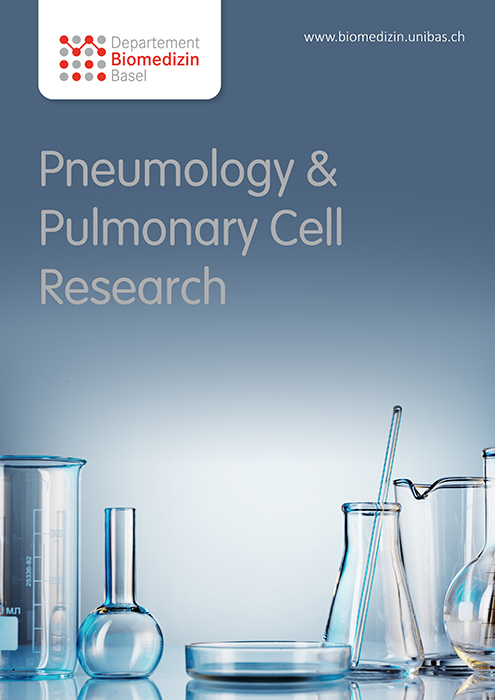Prof Dr Michael Roth (PhD) at University Hospital Basel looks at pneumology & pulmonary cell research, in this profile of the organisation’s research
Expert in pneumology & pulmonary cell research, Prof Dr Michael Roth (PhD) at University Hospital Basel reveals that during the past 20 years, genetic studies in asthma and Chronic Obstructive Pulmonary Disease (COPD) linked 182 genes to the inheritance of asthma and COPD. However, none of these candidate genes had ever been proven to be a single cause of the diseases, we discover.
According to the World Health Organization, 280 million people suffer from asthma and up to 40% of children suffer from asthma symptoms. In 2015, 65 million people were diagnosed with severe COPD that resulted in a death rate of 3 million a year.
Highlighting the organisation’s research, Prof Dr Michael Roth tells us that studies in rhesus monkey showed that several asthma pathologies were induced by exposure to allergens, cigarette smoke, or increased oxygen radicals during pregnancy and early infancy.
Epidemiological research
The e-book concludes by raising the importance of interaction concerning basic, clinical and epidemiological research – for better understanding the cause of asthma and COPD to find new therapies in the future.
Sereina de Zordo from the aha! Swiss Allergy Centre then outlines the global burden of asthma and how through various methods and programmes it can be managed. The author explains that allergies against indoor and outdoor allergens originating from pollens, house dust mites, domestic animals or moulds and occupational allergens are the most common causes of allergic asthma.
In addition, we discover that effective asthma-management must be completed by additional education on the level of the individual patient. “Structured patient education programmes lead to improved clinically relevant conditions, better self-management and symptom control, as well as higher life quality”, Sereina de Zordo tells us.
An appropriate diagnosis, as well as an effective short and long-term treatment, are crucial factors we learn. Sereina de Zordo stresses that patients, doctors, as well as health organisations need to work closely together – to treat and prevent the high impact disease.
I hope that you enjoy reading this insightful analysis.


